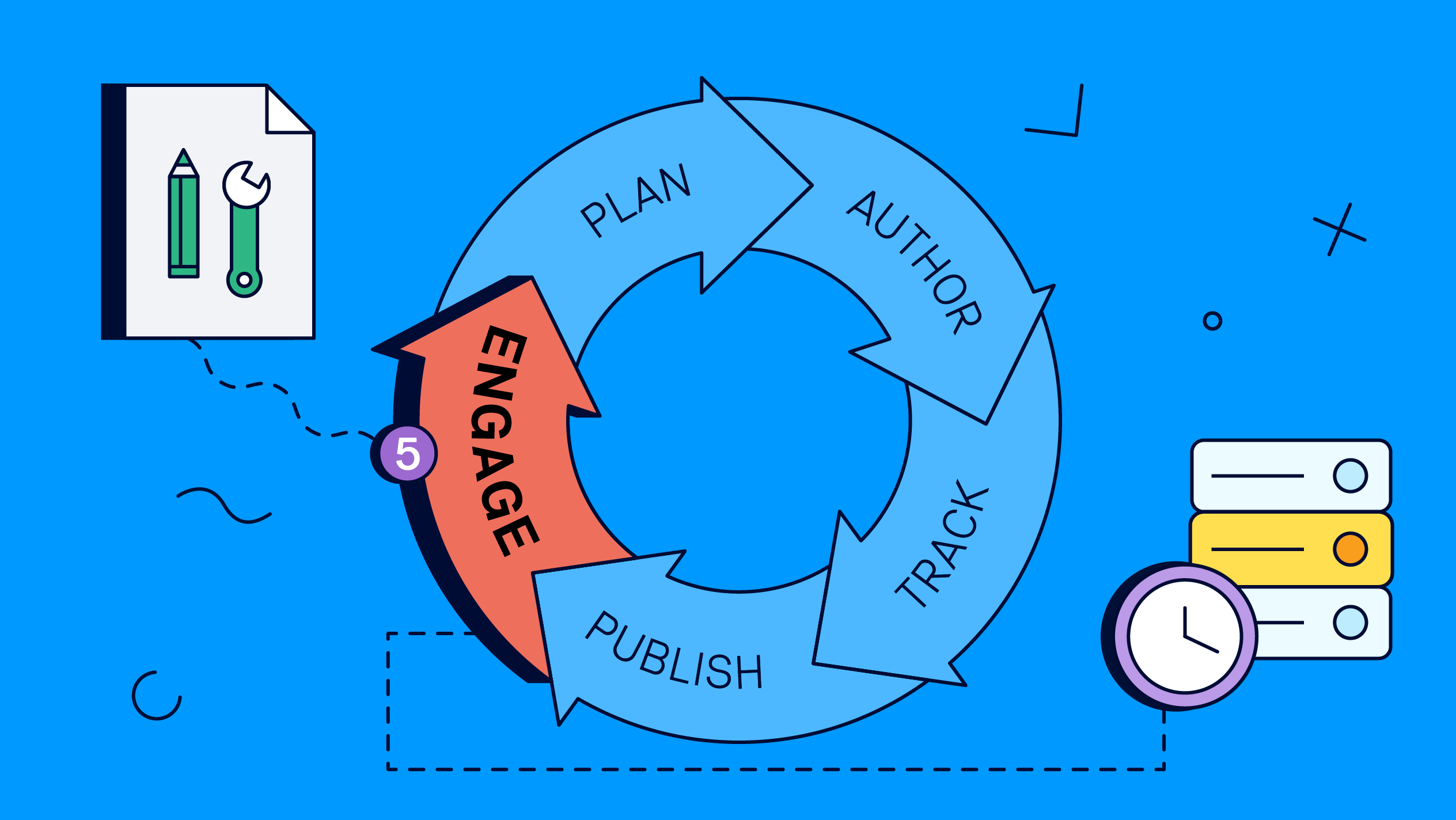In this issue, we’ll show you how to spot when the content of your documentation is getting stale and share quick ways to refresh it.


Why Publishing Is Not The Finish Line
You want your knowledge to be valuable. Not just today, but months from now. But pages drift. Features get renamed, screenshots age, links break, and search intent shifts. What helped last month can confuse today. But how to keep your documentation valuable every moment? How to even know if some content needs an update? That’s what this newsletter is about.
We’ve just published the final part of our Content Lifecycle series, “Engage – Content Optimization for You AND Your Users,” and we’ve pulled together the key takeaways for you.

How to Tell It’s Time to Optimize
Here are a few clear signals that your content might be ready for an update:
Low engagement or quick exits on key pages
Open Confluence Analytics to spot pages with few views, short read time, or high bounce. No analytics in your plan? Try a Marketplace app like Viewtracker.
The same question keeps coming up
If support tickets or Slack threads repeat, your documentation is missing a step, a screenshot, or a clearer title. Fold the answer into the page and link it from related places.
Something looks out of date
Old UI, renamed features, broken links, stale screenshots. These are easy wins. Update the image, adjust the wording, and recheck any links.
Inline comments and page feedback
Readers often identify the specific sentence that confuses them. Use inline comments to make precise fixes where they matter most.
Errors Found, Now What?

Once you have collected or received potential optimization tips for your content, start the content lifecycle from the beginning: plan how you will incorporate the feedback, modify the content, and publish it again.

A quick overview on tips to improve your content:
-
Fix unclear or confusing sections.
-
Update screenshots and provide more context.
-
Add structure like headings or tables.
-
Fill in missing steps or context.
-
Make titles more searchable and relevant.
When we publish our docs, we don’t stop there. One exercise I like to do regularly is look at what users type into our site’s search. Almost any analytics tool is able to collect such data. Not only is this data really interesting, it’s also very valuable when it comes to making choices about adding new or editing existing content.
Ever since we’ve added an AI feature to our search, the data got more interesting as users have gone from typing single keywords to full questions.

Laura writes extensive product documentation and coordinates large-scale writing projects.
I like to see how our users phrase their questions and what terms they use, as it will give me good ideas on what angle to take when writing content. I might use the very same question that our users searched for and create a new FAQ article with the question as the page title. Or I might enhance existing content by adding users' preferred terminology next to the one we officially use.
Using search data to inform our content has helped make our documentation more relevant and relatable to our users, and makes it more likely for their searches to return the answers they were looking for.

A Refreshed Look for CSV Exports
The CSV export screen in space settings just got a makeover, making it cleaner and easier to use. The functionality hasn’t changed, but the updated design makes the export process feel more consistent and user-friendly.
